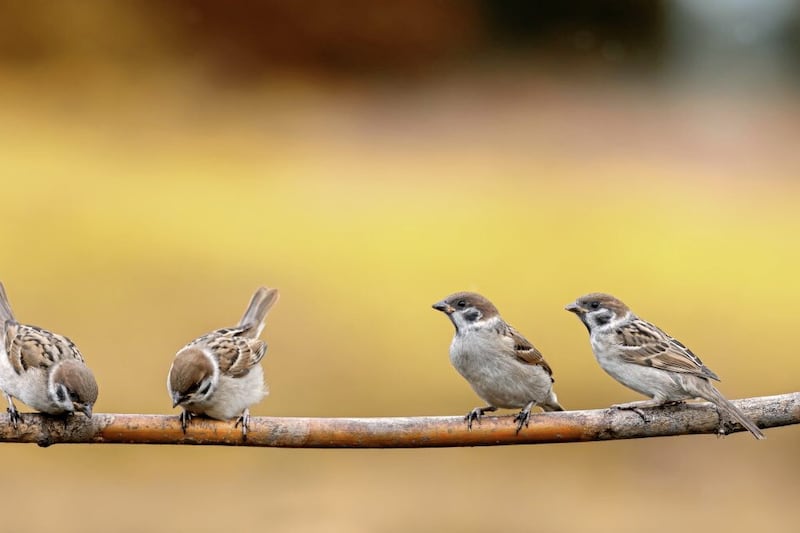2020 was a terrible year. Coronavirus pandemic, loved ones passing away, furloughs, redundancies, lockdowns, business closures (and all that’s before you even get to politics): the hits just seemed to keep on coming.
But amidst all that there were pockets of goodness; many people responded brilliantly and rose to the challenge of making the best of what they were given. They were humane, courageous, selfless and driven.
When I sat down to reflect on the past year and think about writing this column, my first of 2021, I thought about how the local GAA community responded to all that adversity and in doing so showed all those aforementioned qualities.
What’s more (laboured segue alert), I realised that they actually demonstrated many of the HR principles you would like to see in your own business.
At its heart, HR done properly is often simple, intuitive, but effective, stuff. While I doubt many local clubs would say they purposely developed a HR strategy for dealing with the pandemic, they did cook with many of the key ingredients. For example:
• Resilience: The ability to keep going in the face of challenge and disaster, to bounce back and roll with whatever punches that came. Restrictions on group training; we’ll organise personal fitness plans. Suspended leagues; we’ll wait and pace accordingly. No social club to provide an income; we’ll just be more creative about fundraising. Can’t meet face to face; we’ll use technology. Ingenuity, allied to a fearsome esprit de corps always seemed to find a way to respond to adversity.
• Engagement: Community is at the heart of the local GAA. It’s what shapes the club and provides the lifeblood. Generation after generation. When lockdown forced the old, the sick and the vulnerable to isolate at home, clubs stepped up by delivering food parcels, by ensuring there was always someone to talk to, by keeping in touch and making sure people were ok. It was about assessing the needs of the community and responding. Engagement also meant working with other clubs. Fierce rivals on the pitch became community colleagues off it for the greater good.
• Communication: The old adage about old dogs and new tricks certainly didn’t apply. Clubs used all manner of social media to keep members informed about what was going on, providing regular updates regarding activities and events. Managers used online meetings to keep in touch with their players and organise training sessions for them to follow at home, whenever team training wasn’t permitted. Drills and workouts were posted online to provide instruction and guidance.
• Flexibility: Where once everything was (by necessity) run to a strict schedule, with pitch bookings, training sessions, committee meetings etc. all written in stone, local clubs had to become more flexible. With lockdown rules changing (it seemed) by the week there needed to be a keen eye watching for when training could be scheduled, or when it needed to be cancelled, what age groups could attend, whether it was to be contact or non-contact, how many players could be in any one group at any one time etc. The ability to adapt quickly, organise and re-organise at a moment’s notice became second nature.
• Well-being: The pandemic took its toll on both mental and physical health and there was recognition and commitment that, wherever possible, clubs would support people in their community as best they could. Relevant information was provided, talks organised, well-being strategies formulated. Whenever permitted (socially distanced) physical activity was encouraged, to provide both a physical and social outlet; from pitch based training sessions, to walking tracks and online exercise classes, no stone was left unturned.
All told, it’s heartening to see that the core principles of HR work, no matter what your organisation.
And while local clubs were doing all of this, let’s not forget that most of those involved are volunteers, unpaid, who have their own jobs and families to be looking after at the same time.
So here’s to a better 2021, if we can retain the same effort and spirit that got local clubs through the past year, we’ll definitely have a fighting chance.
:: Barry Shannon (bshannon@cayan.com) is human resources director at TSYS Cayan in Belfast.








